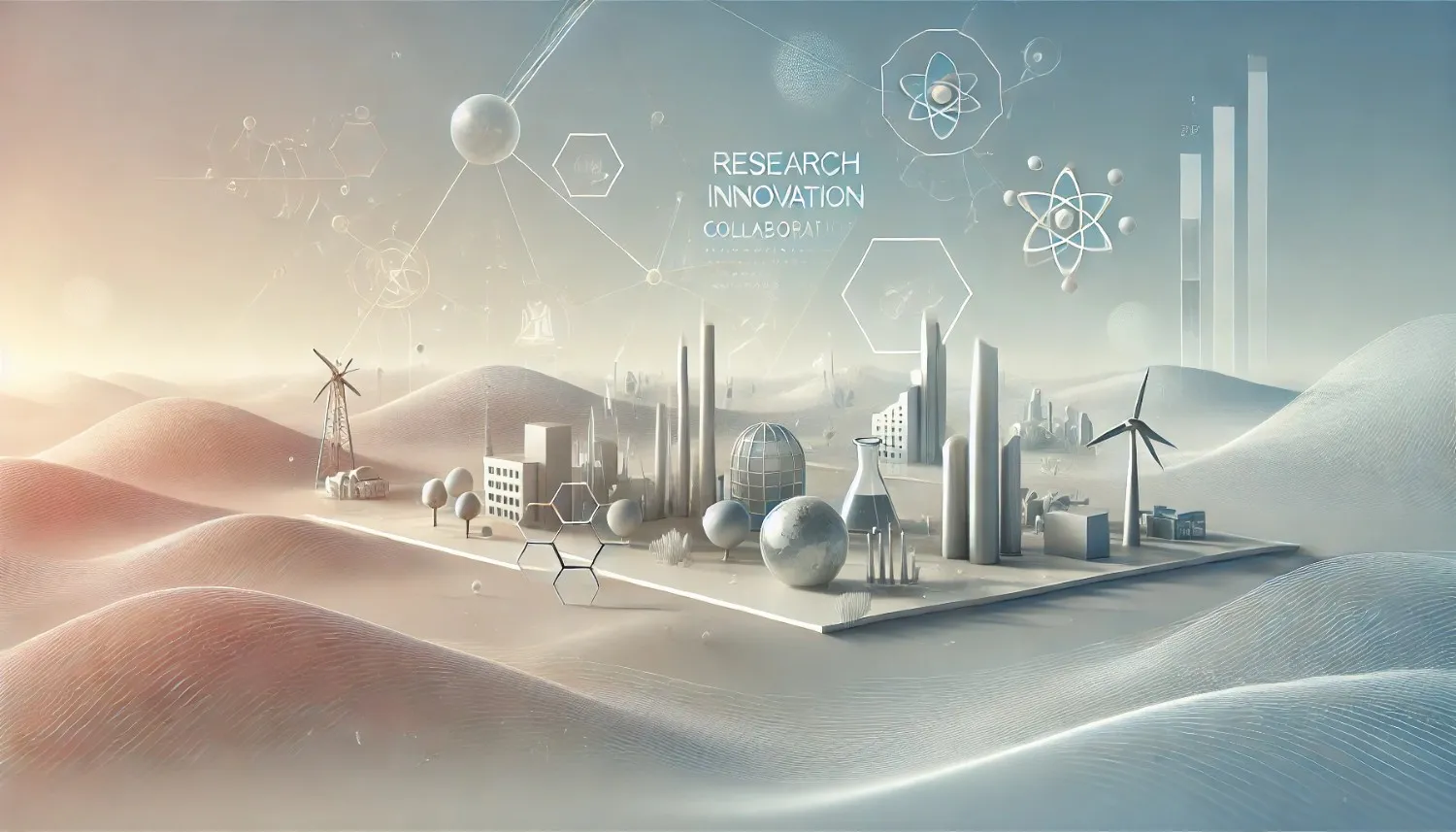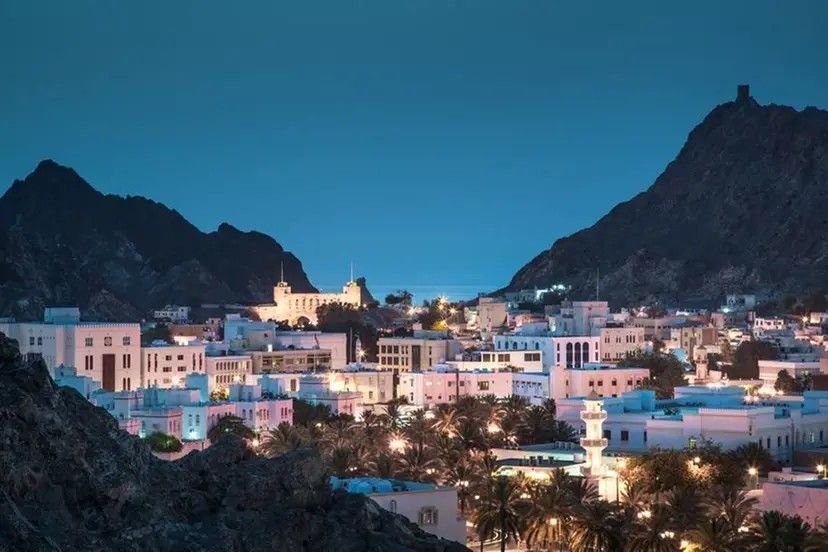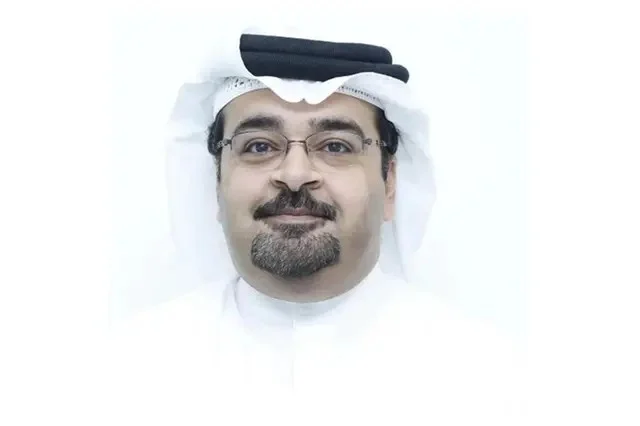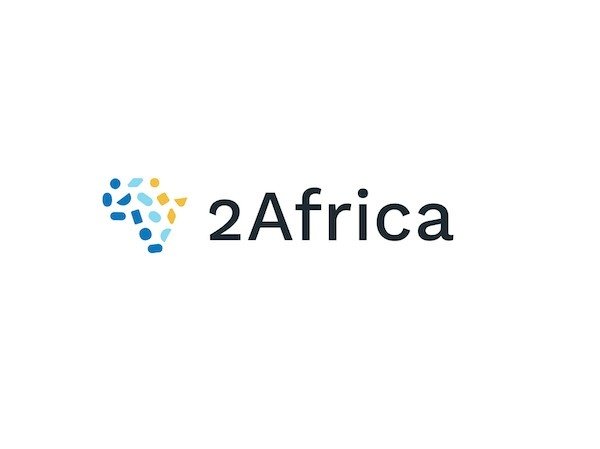The Bahrain Centre for Strategic, International, and Energy Studies (Derasat) continued its pivotal academic, research, and knowledge-driven programmes throughout 2024, solidifying its position as a leading regional research institution and key partner to national entities. Derasat achieved this through various studies, research, dialogues, and projects in collaboration with international organisations, think tanks, and academic institutions.
In 2024, Derasat expanded its network by signing cooperation agreements with both local and international institutions, promoting knowledge exchange, research, and training initiatives. Notable collaborations included agreements with Arabian Gulf University, the Geneva Centre for Security Policy, and the Konrad Adenauer Foundation, as well as partnerships with United Nations entities. These partnerships enhanced Derasat’s ability to support decision-makers with in-depth analyses in political, security, social, economic, and energy fields, addressing both regional and global challenges.
One of Derasat’s standout initiatives was its collaboration with the United Nations Development Programme (UNDP) to prepare the “2026 National Human Development Report,” which focuses on Bahrain’s digital transformation. The report highlights the country’s advancements in electronic services and its use of digital technologies to improve public services, diversify the economy, and empower citizens in the digital age.
In support of environmental protection and sustainable development, Derasat launched the “Green Houses of Worship” programme in partnership with the King Hamad Global Centre for Peaceful Coexistence (KHGC). This initiative encourages places of worship in Bahrain to install solar panels and adopt alternative energy sources while promoting renewable energy investments that align with national energy plans.
Derasat further strengthened its strategic partnerships with academic and research institutions in several countries, contributing to the establishment of the China-Arab Think Tank Alliance in Shanghai. It also organised lectures featuring Chinese officials and experts discussing bilateral relations and global issues, while continuing its collaborations with research institutions in Japan and other countries.
Throughout the year, Derasat hosted over 24 intellectual dialogues, gathering more than 2,500 participants, including experts and academics, to discuss vital topics such as military technology, digital transformation, trade disputes, health, foreign policy, and strategic planning. The centre also published two journal editions on “Maritime Security” and “GCC Dynamics,” reinforcing its role in addressing regional security challenges.
Derasat researchers actively participated in local and international events, contributing to global discussions, publishing articles in both local and international media, and strengthening the centre’s reputation as a premier regional and global think tank.
The centre’s continued dedication to research excellence and expanding local and international partnerships reflects its commitment to addressing Bahrain’s strategic priorities in line with the Bahrain Economic Vision 2030. These efforts are carried out under the leadership of His Majesty King Hamad bin Isa Al Khalifa, with the support of His Royal Highness Prince Salman bin Hamad Al Khalifa, the Crown Prince and Prime Minister.















